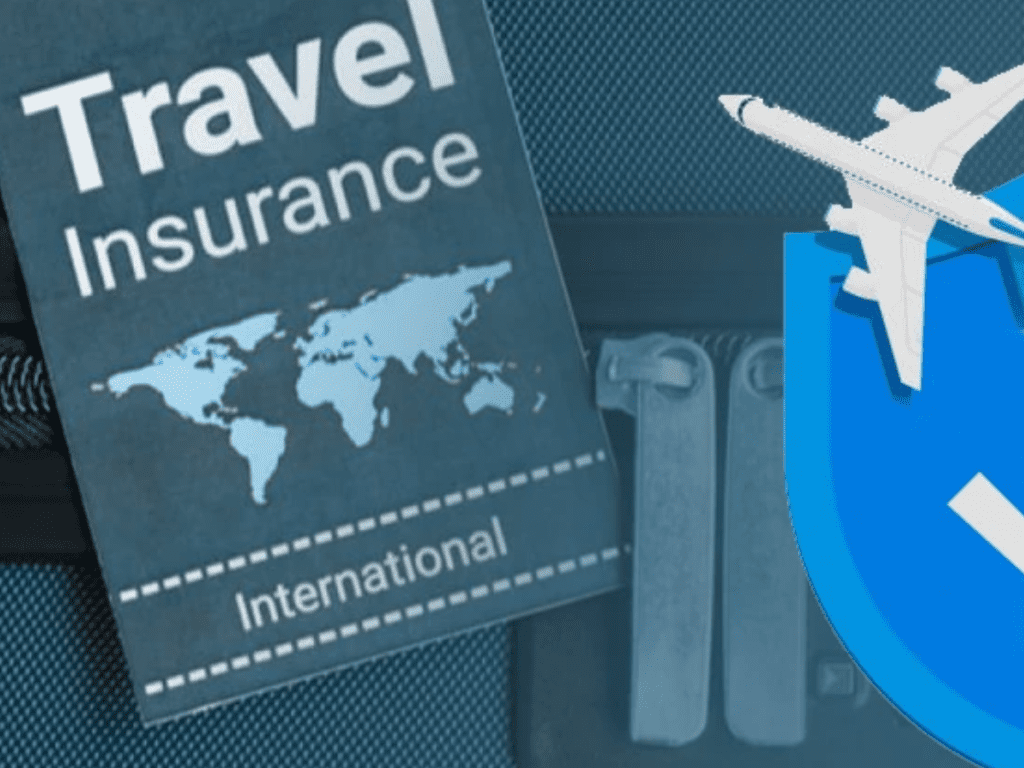Introduction
Traveling can be one of the most enriching experiences in life, offering opportunities for adventure, relaxation, and personal growth. However, as exciting as it can be, travel also comes with its own set of risks and uncertainties. Whether you are traveling for business, leisure, or a family vacation, unexpected situations such as medical emergencies, flight cancellations, or theft can quickly turn a dream trip into a nightmare. This is where travel insurance comes in.
Travel insurance is designed to protect travelers against the financial consequences of unforeseen events during their trips. It acts as a safety net, providing coverage for various emergencies that could otherwise lead to significant financial strain. In this article, we will explore the importance of travel insurance, focusing on how it can help mitigate the financial risks associated with emergency situations while traveling.
Understanding Travel Insurance
Before delving into its importance, it’s essential to understand what travel insurance is. Travel insurance is a type of coverage that provides financial protection for travelers in the event of unexpected situations during their trips. Depending on the policy, it can cover a variety of scenarios, including medical emergencies, trip cancellations, lost baggage, and even emergency evacuations.
There are different types of travel insurance policies available, each tailored to specific needs. Common types of travel insurance include:
- Trip Cancellation Insurance: This policy reimburses travelers for prepaid, non-refundable trip costs if they need to cancel their trip due to covered reasons such as illness, a death in the family, or unexpected emergencies.
- Travel Medical Insurance: Provides coverage for medical expenses if a traveler falls ill or gets injured while abroad. This is particularly important if you’re traveling to a foreign country with high medical costs or if your domestic health insurance doesn’t offer international coverage.
- Emergency Evacuation Insurance: Covers the cost of transportation to the nearest medical facility or back home in case of a severe illness or injury.
- Baggage Insurance: Protects against the loss, theft, or damage of baggage and personal belongings during the trip.
- Travel Delay Insurance: Reimburses travelers for additional expenses incurred due to delays, such as hotel stays, meals, and transportation costs.
Travel insurance can be purchased as a standalone policy or as part of a comprehensive package. The extent of coverage and the costs will vary depending on factors such as the duration of the trip, the destination, the age of the traveler, and the type of coverage selected.
The Financial Risks of Traveling Without Insurance
Traveling without insurance exposes you to various financial risks that could potentially be devastating. These risks can be broadly categorized into medical emergencies, trip cancellations, travel delays, and loss of belongings. Let’s take a closer look at each:
1. Medical Emergencies
One of the most significant financial risks when traveling is the potential for medical emergencies. Even if you are healthy and have no pre-existing conditions, accidents or sudden illnesses can occur unexpectedly. Healthcare systems abroad can vary greatly, and medical costs in foreign countries can be incredibly expensive, especially in regions like the United States or certain parts of Europe.
Without travel insurance, you may find yourself facing significant out-of-pocket expenses for medical treatment. For instance, a simple emergency room visit in the U.S. can cost hundreds or even thousands of dollars. In extreme cases, if you require hospitalization or surgery, the costs can escalate even further. Additionally, if you need to be evacuated to a hospital in another location or even back home, the costs of such evacuation could be astronomical.
Travel medical insurance helps to mitigate these costs by covering medical treatment, hospitalization, surgery, and even medical evacuation. This is particularly important for travelers who are visiting countries where their domestic health insurance provides limited or no coverage.
2. Trip Cancellations and Interruptions
Trips are often planned months in advance, and in many cases, travelers have already paid for flights, accommodation, and activities before their departure. However, life is unpredictable, and emergencies such as sudden illness, family emergencies, or natural disasters can force travelers to cancel or cut short their trips.
Without trip cancellation or interruption insurance, you may lose all of the money you spent on your trip. While some airlines and hotels offer partial refunds or credits for canceled bookings, most do not cover all of the expenses. In some cases, these costs may be entirely non-refundable, especially if you booked in advance.
With travel insurance, you can be reimbursed for non-refundable trip costs if you are forced to cancel or cut your trip short due to a covered reason. This type of coverage is essential for protecting your financial investment in case of unexpected events.
3. Travel Delays
Travel delays can happen for a variety of reasons, such as weather disruptions, mechanical failures, or strikes. These delays can result in missed connections, extended stays at airports, or the need for additional hotel accommodation. While delays are sometimes unavoidable, they can lead to significant costs that travelers are unprepared for.
Without travel delay insurance, you may find yourself paying for additional hotel nights, meals, or transportation, which can add up quickly. Travel delay insurance covers such expenses, ensuring that travelers are not financially burdened by delays that are out of their control.
4. Loss of Baggage and Personal Belongings
Another financial risk of traveling is the potential loss, theft, or damage of baggage and personal belongings. Airlines and other travel companies do provide some compensation for lost baggage, but it is often limited and may not fully cover the value of your belongings. Additionally, some items, such as electronics or valuable jewelry, may not be covered at all.
Travel insurance with baggage coverage ensures that you are reimbursed for lost, stolen, or damaged baggage, providing peace of mind as you travel. This is especially important for travelers carrying expensive electronics, documents, or other valuable items that are crucial to their trip.
The Benefits of Travel Insurance in Emergency Situations
Travel insurance can be a lifesaver in emergency situations, offering not only financial protection but also peace of mind. Here are some of the key benefits of having travel insurance when facing an emergency:
1. Financial Protection
The most obvious benefit of travel insurance is the financial protection it provides. Emergencies can result in significant financial expenses, and without insurance, these costs can be a major burden. Travel insurance helps protect you from these unexpected expenses by covering medical costs, trip cancellations, delays, and more.
2. Access to 24/7 Assistance
Many travel insurance policies offer 24/7 assistance services. This means that if you find yourself in an emergency situation while traveling, you can reach out to your insurer for help. Whether you need medical assistance, help with finding a hospital, or assistance with rebooking flights, travel insurance provides valuable support when you need it most.
3. Peace of Mind
Knowing that you are covered in case of an emergency can help reduce the stress and anxiety associated with traveling. With travel insurance, you can enjoy your trip with the confidence that you are financially protected against unexpected events. This peace of mind can make a significant difference, allowing you to focus on enjoying your trip rather than worrying about potential risks.
4. Protection Against External Factors
Many travel insurance policies cover emergencies that are beyond your control, such as natural disasters, political unrest, or terrorism. If your destination becomes unsafe or your trip is disrupted due to unforeseen circumstances, travel insurance can help you recover the costs and make alternative arrangements.
5. Customized Coverage
Travel insurance policies are highly customizable, allowing you to tailor coverage to your specific needs. For example, if you are traveling with valuable items, you can choose a policy that includes higher baggage coverage. If you are participating in adventure activities like hiking or scuba diving, you can select a policy that covers those specific risks. This flexibility ensures that you have the right level of coverage for your unique travel situation.
Conclusion
Travel insurance is an essential tool for minimizing the financial risks associated with traveling. Whether you are facing a medical emergency, a canceled trip, a travel delay, or the loss of personal belongings, having the right coverage can save you from significant financial hardship. While no one wants to think about emergencies during their travels, having travel insurance ensures that you are prepared for the unexpected.
By investing in travel insurance, you protect yourself and your financial well-being, allowing you to enjoy your trip with peace of mind. Given the unpredictable nature of travel, having the right coverage is not just a wise choice; it’s an essential part of responsible travel planning. So, before embarking on your next adventure, make sure to secure travel insurance, and ensure that you can face any emergency situation with confidence.

